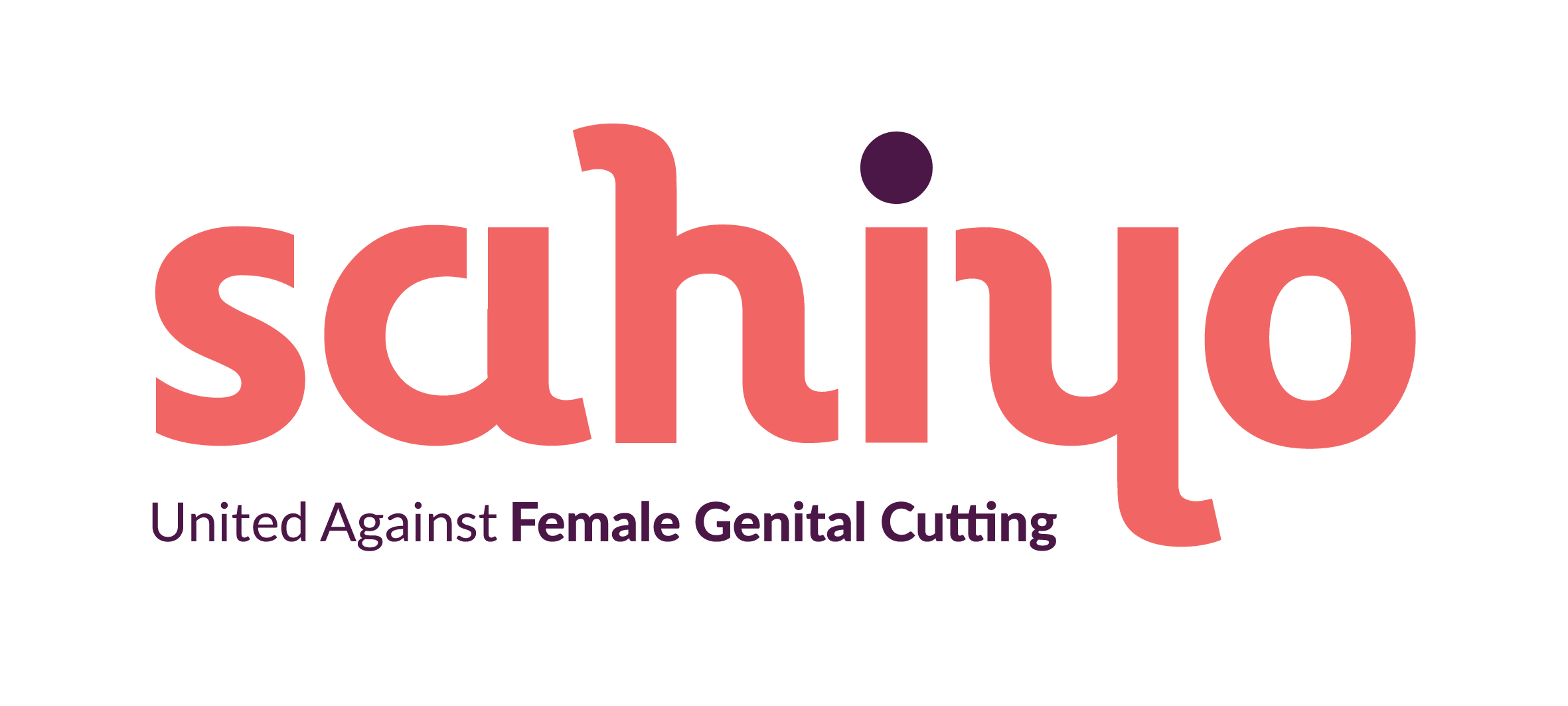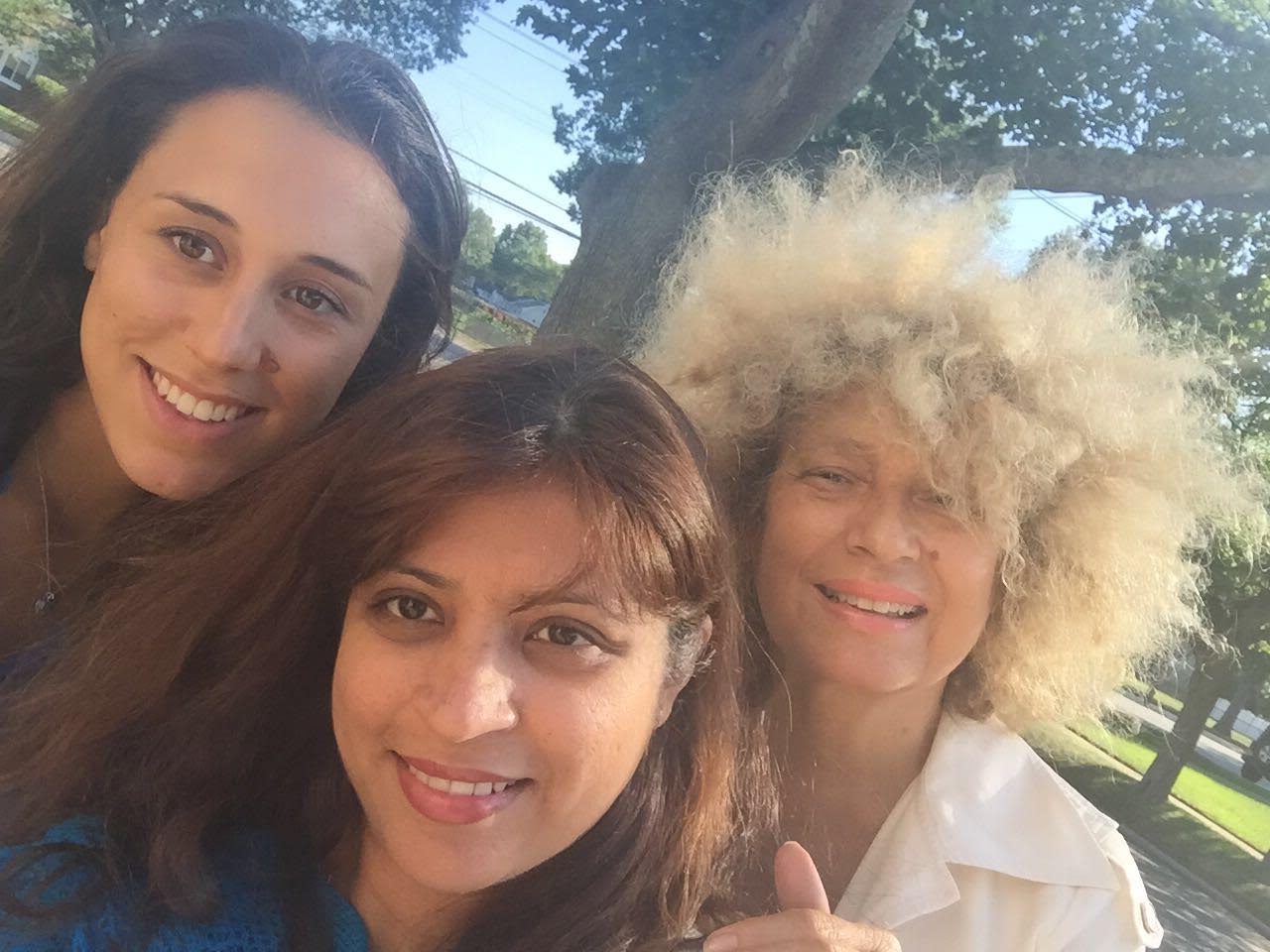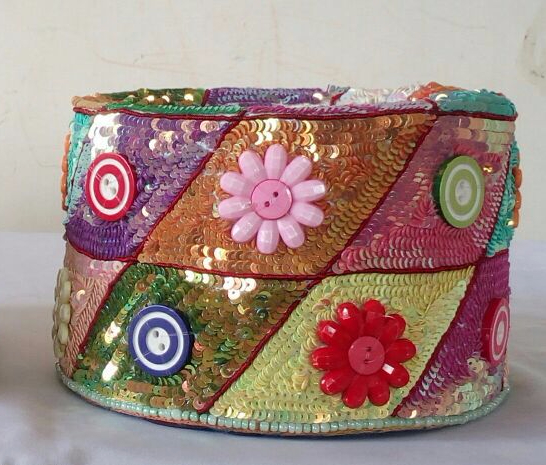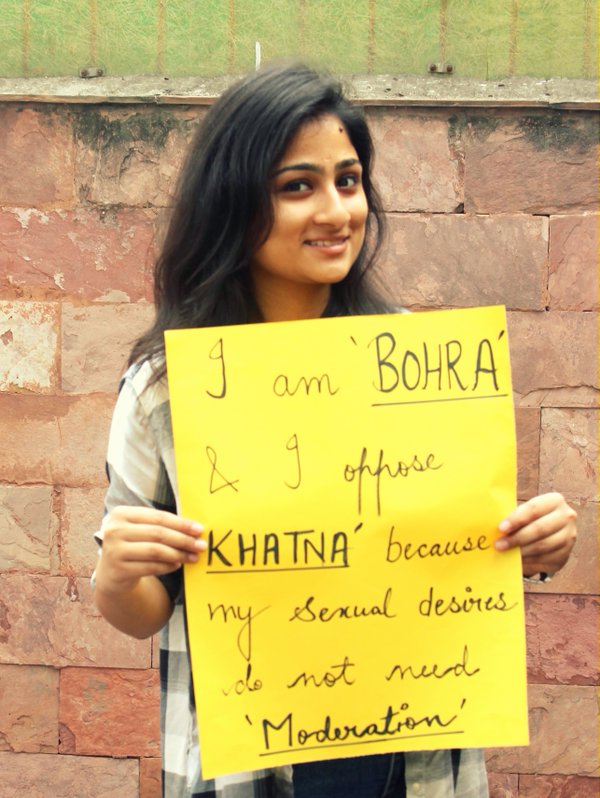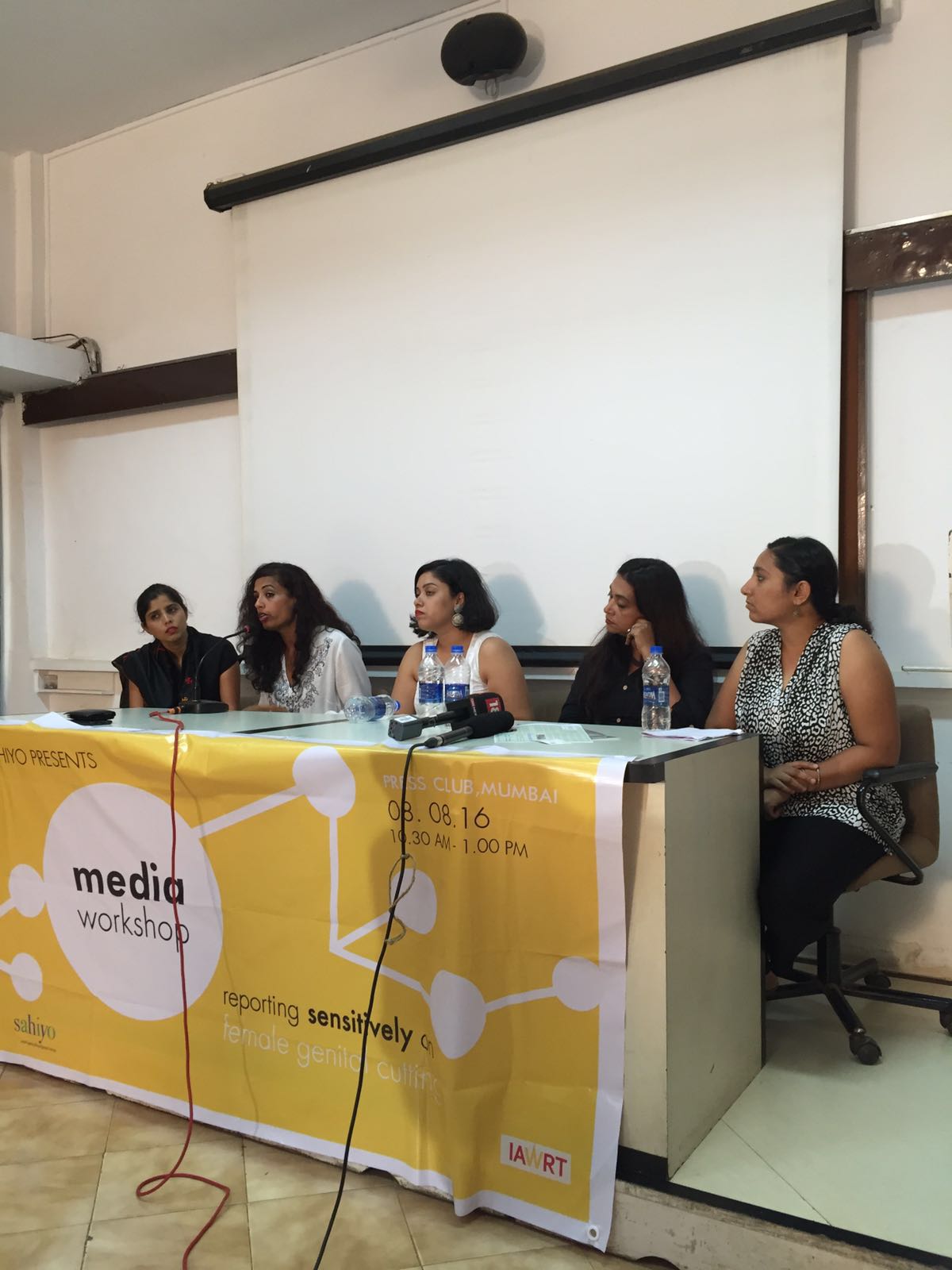(Originally posted by BEYONDHIJABSG on 4 FEBRUARY, 2016. Republished here with permission.)
By: Zarifah Anuar
Country: Singapore
Community: Malay
When I was two weeks old, my mother handed me over to her bidan (traditional midwife), my grand-aunt, to be circumcised. She did not witness the procedure and did not know exactly what was done to me. To her, the sunat was an act that all Muslims, regardless of gender, had to go through. It wasn’t up for discussion or debate. It was a non-issue to her, and it should be a non-issue to me too.
I didn’t know I had been circumcised until more than twenty-three years later when a colleague asked me if I had gone through the procedure. I answered, very confidently, that I would know if I had. I knew my body. Years of struggling with my own body shape, skin colour, and facial features had taken a toll on me, but at the end of the day, I knew my body.
“You should ask your mother,” she told me.
I did, and there is a part of me that regrets asking because I now know just how much my body is not mine. From birth, or perhaps even before that, it was never mine. It belongs to God, the Creator.
Or at least, that is what religious leaders and my parents tell me. I, however, call bullshit.
My body does not belong to God. My body belongs to their perception of God. My body, and their mutilation and policing of it, is part and parcel of their desire to control the female body.
They hide this under many guises, all in the name of God: sunat will make you cleaner, purer, less susceptible to sin, more able to be His servant. When you cover your skin from the eyes of men, you will appear more beautiful in the eyes of God. Lower your gaze and your voice, that way you will be His humble follower.
When you read deeper into the meaning of these messages, it translates into: you are a woman, this is how you will look, this is how you will behave. You will listen and follow because centuries of male leadership has made our community know nothing else but patriarchy and the control of women to feed the male need to dominate and have power.
God doesn’t tell women to be less. Islam doesn’t tell women to be less. Prophet Muhammad himself was surrounded by many strong, assertive women. It is patriarchy and the men who uphold it to this day that tells women to be less, so that they will be familiar with being nothing more than second to men; so that they will not question the norms that have been forced upon them.
I don’t know what was taken from me when I was two weeks old, but I do know that it was without my consent. What would a two-week old infant know, much less understand, about the world around her? An infant that age is barely even able to lift her own head.
“Did I cry?” I asked my mother when she told me that I had undergone the sunat at two weeks old. “Was I asleep? Did I wake up?”
My mother didn’t answer and instead told me that the conversation was over.
I refuse to accept that this conversation is over. Our community insists on owning the bodies of girls and women instead of allowing us to make our own decisions. Sunat marks the start of others deciding and policing what happens to our bodies. From then on some of us are forced into the hijab long before puberty, and we are judged and criticised based on what we choose to wear. Our autonomy over our bodies is restricted, at times even taken away from us.
I want to keep talking about what was taken away from me more than twenty-three years ago. Physically, I will never know what exactly it was, but symbolically it is my ownership over my body, and I will not stop fighting for it.

